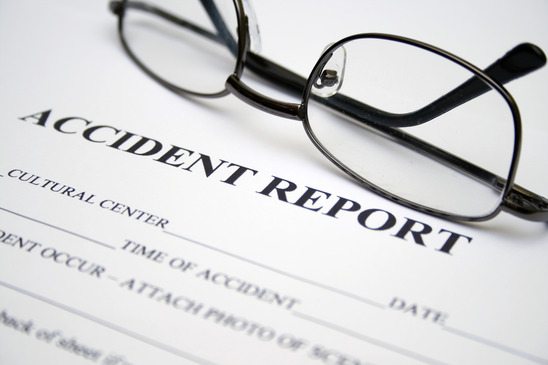Few people realize how easily another person’s negligence can cause a serious injury. Fortunately, New Mexico has laws in place to protect the rights of these victims.
If an accident has left you with medical expenses and lost wages, you may be entitled to compensation. When deciding how to award damages to victims of negligence, New Mexico courts use comparative negligence to determine fault. The Department of Motor Vehicles explains how partial responsibility may reduce the damages you receive.
If are interested in pursuing a civil lawsuit for injuries, contact The Law Office of Brian K. Branch, PC. An Albuquerque personal-injury lawyer from our firm can evaluate your case and explain your rights. To schedule an initial consultation, call us today at 505-207-4401.
Here is a breakdown of nine factors that may affect the judgment in an injury lawsuit:
1. The Police Report
The police report of the accident that caused your injuries can support your claim if it does not implicate you as the liable party.
2. Medical Attention
You should seek medical attention as soon as possible after the accident. Putting this off could compromise your chances of recovering compensation. The courts may question when the injuries occurred, and delaying medical help may worsen the injuries, which will call into question the degree of fault from the other party.
3. Pre-Existing Injuries
New Mexico courts do not automatically dismiss injury lawsuits due to previous injuries, but the defendant may claim that the accident did not cause physical harm. In these cases, plaintiffs can compare before-and-after X-rays and ultrasounds for evidence.
4. Citations
If a law enforcement officer cited you for drunk driving or for some other legal issue related to the accident, you are unlikely to receive any compensation.
5. Statements
While emotions are typically intense following an accident, you should be careful of what you say to other passengers, drivers and people at the scene. Implicating yourself may compromise your interests.
6. Witnesses
Witnesses to the accident may be able to support your claim.
7. Evidence
Photographs can detail the extent of the injuries, and these may affect the final judgment. Always take photos after an accident, and be sure to keep other evidence such as torn clothes.
8. Documentation
To receive the maximum compensation, you will need a detailed record of every bill related to the incident. You should also make note of days off work, percent of income lost and negative emotional effects of the accident.
9. Insurance Limits
Your insurance policy will stipulate limits pertaining to personal-injury coverage. Read the contractual agreement with your provider thoroughly.
While many factors can affect how much you receive in a civil lawsuit, you should never agree to a settlement for an amount that is less than you deserve. Once you settle, you cannot file another claim.
A personal-injury attorney can help you negotiate a satisfactory settlement, and litigate your case if it goes to court. Call The Law Office of Brian K. Branch, PC today at 505-207-4401 to learn more.





http://www.carwreckcheck.com/
I think that this is quite the interesting idea, I will most definitely look up more info about it. Meanwhile I found that the web is full of websites like this one, which is quite well known for the information regarding personal injury that they can provide and I think that it is fair to say they know their way around.